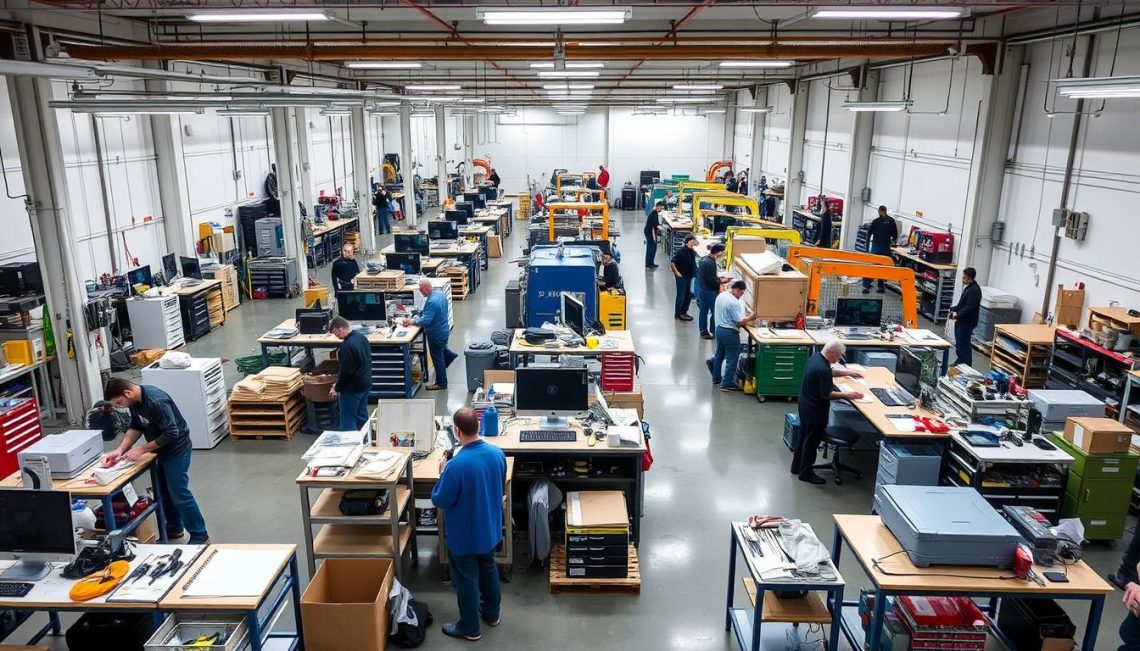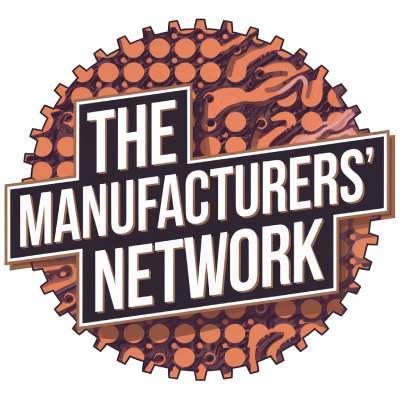In today’s competitive landscape, investing in essential training courses tailored for the manufacturing business is imperative. Continuous skill enhancement drives operational efficiency and workforce productivity, creating a thriving environment for both employees and the organization. According to the Association for Manufacturing Technology, companies that prioritize workforce development experience a stunning 22% increase in overall efficiency. This commitment to training not only equips employees with the latest skills but also instills a culture of growth and engagement, ultimately reducing turnover rates.
Understanding the Importance of Training in Manufacturing
Training plays a pivotal role in the manufacturing sector, ensuring that employees possess the necessary skills to excel in their jobs. With constant technological advancements, companies must prioritize ongoing training to maintain competitiveness. This commitment not only enhances employee engagement but also fosters an environment where skill development thrives.
Why Ongoing Training is Crucial
The landscape of manufacturing is ever-evolving, making ongoing training essential for success. Workers equipped with updated knowledge can efficiently use new tools and processes, thereby minimizing errors and streamlining operations. Continuous learning opportunities are linked to higher job satisfaction, which contributes positively to overall employee engagement.
The Impact of Training on Productivity and Efficiency
Investing in training significantly impacts productivity. Employees who receive proper instruction tend to work more efficiently and adapt quickly to new systems. This competency leads to reduced downtime and enhanced workflow. In turn, the training impact reflects positively on the entire organization, enabling businesses to meet production targets while maintaining high quality standards.

Essential Training Courses to Boost Your Manufacturing Business
Investing in training courses is vital for improving manufacturing operations. Two key areas to focus on include Lean Manufacturing Techniques and Quality Control and Assurance Principles. These training programs equip employees with essential skills, leading to enhanced performance and overall business success.
Lean Manufacturing Techniques
Lean manufacturing emphasizes waste reduction and operational efficiency. This approach provides employees with tools to streamline processes, which is crucial for fostering a culture of efficiency improvement. Training in lean principles helps organizations identify non-value-adding activities and eliminate them. This focus leads to significant cost reduction and enhanced product quality. Companies that integrate lean practices often experience heightened operational effectiveness, positioning them for long-term success.
Quality Control and Assurance Principles
Quality control training equips employees with the knowledge needed to uphold product standards. Understanding assurance principles ensures that processes comply with both customer expectations and industry regulations. This rigorous training not only minimizes defects but also fosters a continuous improvement mindset within the workforce. As a result, organizations can achieve higher customer satisfaction levels while reducing overall production costs.

Advanced Manufacturing Technologies and Their Training
As the manufacturing landscape evolves, embracing advanced technologies has become essential for businesses aiming to improve efficiency and competitiveness. Training in these advanced manufacturing technologies is necessary to effectively harness their potential. Knowledge and skills in Industry 4.0, automation training, robotics training, and data analysis represent crucial components of modern manufacturing improvement strategies.
Introduction to Industry 4.0
Industry 4.0 signifies the fourth industrial revolution, influencing how organizations operate by integrating digital technologies. This paradigm shift incorporates the Internet of Things (IoT), artificial intelligence, and cyber-physical systems. Familiarity with these technologies facilitates a deeper understanding of manufacturing processes, enhancing overall productivity.
Training in Automation and Robotics
Automation training equips employees with the capabilities to manage and operate automated systems, fostering a more streamlined production environment. Robotics training dives deeper into robotic mechanics, programming, and maintenance. These skills are pivotal, as they directly contribute to the reduction of waste, increased output, and enhanced safety in manufacturing environments.
Data Analysis for Manufacturing Performance Improvement
Data analysis plays a vital role in refining manufacturing processes. Organizations can leverage data to identify patterns, predict issues, and inform strategic decisions. By incorporating data analysis training, employees can effectively use analytical tools to monitor performance and initiate continuous improvement processes, leading to significant enhancements in overall operational efficiency.
| Training Area | Description | Benefits |
|---|---|---|
| Industry 4.0 | Understanding integrated technologies that revolutionize manufacturing. | Enhanced productivity, improved decision-making. |
| Automation Training | Skills to manage automated systems and processes. | Increased efficiency, reduced operational costs. |
| Robotics Training | Comprehensive understanding of robotic systems and applications. | Improved safety, greater production capacity. |
| Data Analysis | Utilizing data to drive manufacturing improvements. | Informed decision-making, proactive issue resolution. |
Choosing the Right Training Providers and Resources
Selecting the right training providers is a pivotal step in enhancing the capabilities of your workforce. In the competitive landscape of manufacturing, organizations need to ensure that the courses they invest in are not only relevant but also effective in meeting industry standards. A thorough course selection process will greatly influence training effectiveness and ultimately contribute to workforce development.
When evaluating potential training providers, it’s essential to consider their track record in delivering manufacturing training resources. Providers with a proven history can offer reliable insights and methodologies that resonate with current industry practices. Additionally, assessing the relevance of course content to your specific manufacturing environment will help ensure your team is acquiring applicable skills.
Flexibility in course delivery is another key factor. Opting for training providers that offer various formats—such as online, in-person, or hybrid models—can accommodate different learning preferences and schedules within your workforce. Leveraging resources like the National Center for Manufacturing Sciences can also enhance your search for credible training options, ensuring that your organization benefits from the best possible educational opportunities.

